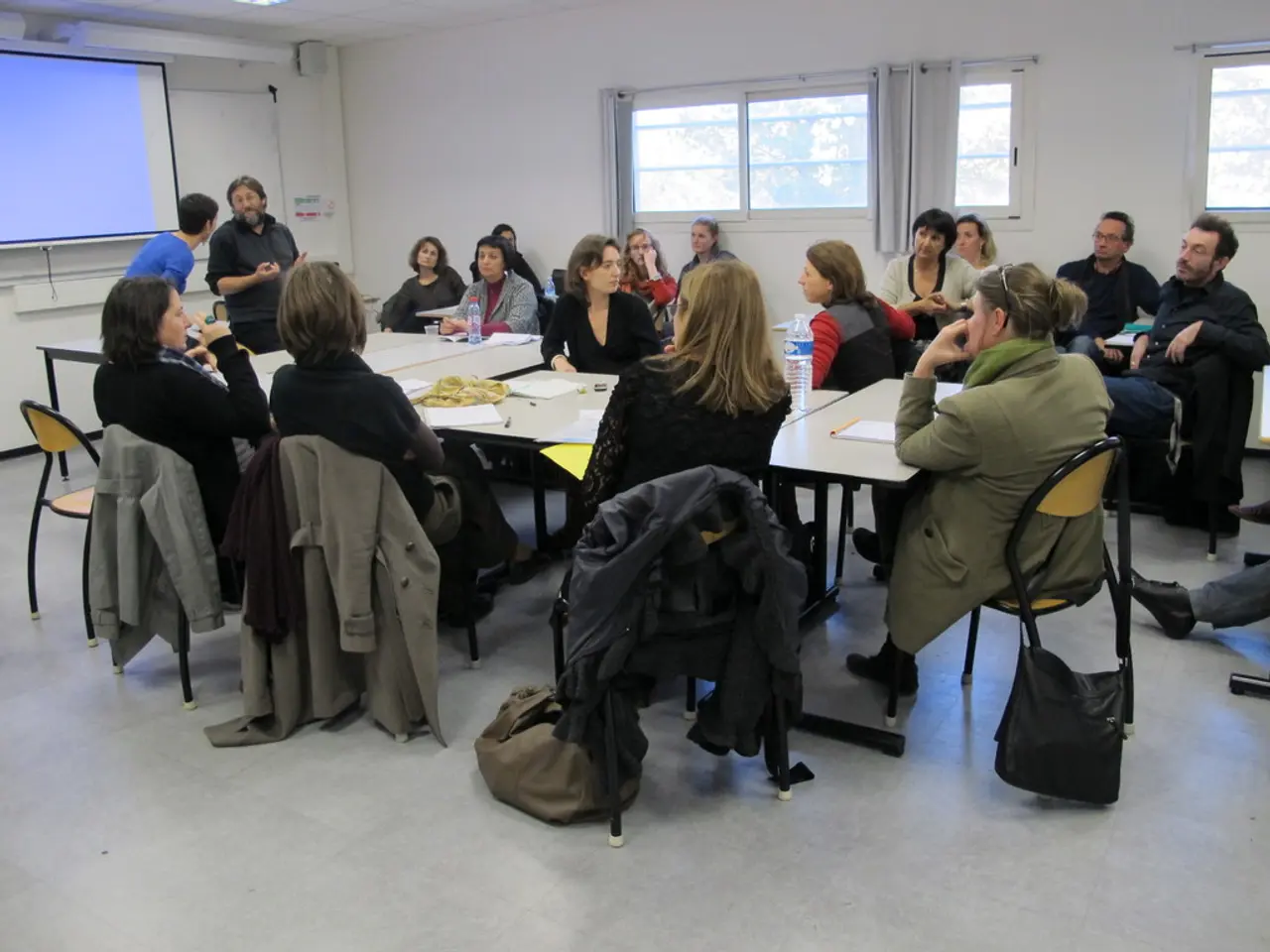Voice Your Opinion Even If You're a Novice
In the January 2022 issue of HBR, Ethan Burris and Ruchi Sinha published an insightful article titled "Don't Let 'Being New' Stop You From Speaking Up," emphasising the importance of effective communication and speaking up in a new organisation.
Effective Communication Strategies
To thrive in a new environment, new employees must focus on building trust, improving communication skills, seeking and providing feedback, communicating assertively, being prepared, and choosing the right communication channels.
1. Building Trust and Establishing Relationships - Focus on being reliable, transparent, and respectful to create a supportive environment where you can express yourself freely. - Engage in team-building activities to foster connections and understanding among team members.
2. Improving Communication Skills - Develop strong verbal and non-verbal communication skills, such as maintaining eye contact, using purposeful gestures, and speaking clearly. - Practice active listening to understand others' perspectives and respond thoughtfully.
3. Seeking and Providing Feedback - Encourage open feedback loops where you can both give and receive constructive feedback.
4. Communicating Assertively - Learn to differentiate between assertiveness and aggression. Be clear and direct in expressing your thoughts without infringing on others' rights. - Use a confident tone and avoid qualifiers like "I think" or "maybe" when expressing ideas.
5. Being Prepared - Prepare thoroughly for meetings and presentations by gathering facts and examples to support your points.
6. Using Appropriate Channels - Identify the most effective communication channels in your organisation, such as email, team meetings, or one-on-one discussions.
Avoiding Common Myths
1. Myth: Being Nice Means Being Passive - Assertiveness is not about being aggressive but about expressing your needs clearly while respecting others.
2. Myth: Internal Communication Is HR's Exclusive Responsibility - Recognise that internal communication is everyone's responsibility, not just HR.
3. Myth: New Employees Should Wait to Contribute - Encourage yourself to speak up early on. Your fresh perspective can be valuable in adding new ideas and solutions.
Ensuring Your Message Is Heard
1. Clear and Concise Communication - Make sure your message is clear, concise, and relevant to the context.
2. Choosing the Right Time and Place - Consider the timing and setting for your communication.
3. Follow Up - After sharing your ideas or concerns, follow up to ensure they are being considered or implemented.
By adopting these strategies and being mindful of common myths, new employees can communicate effectively and ensure their messages are heard in a new organisation. The authors advise focusing on improvements rather than articulating what is wrong, avoiding expressing an unsupportive opinion, accepting criticism with equanimity, and practicing self-discipline when framing an idea.
If you have prior experience, you may need to unlearn the routines/norms of your previous assignment and train yourself on the new norms. Inefficient processes may be encountered, but new members may choose not to speak up due to fear of disturbing the status quo, offending someone, or fearing that their opinions may be overruled. However, speaking up can lead to visibility, influence, and enhancement of credibility, all of which are required to succeed. The authors recommend practicing humility by maintaining a delicate balance between being inclusive and being overpowering, presenting ideas as alternatives that connect to the overall goal of the team.
To enhance personal growth and career development, new employees should follow the effective communication strategies shared by Ethan Burris and Ruchi Sinha in the January 2022 issue of HBR. This includes seeking education and self-development opportunities to improve communication skills, fostering personal relationships, and speaking up assertively while being mindful of organizational norms. Additionally, employee success often requires continuous learning and adaptation, such as unlearning the routines from previous assignments and adopting new norms in the current organization.




